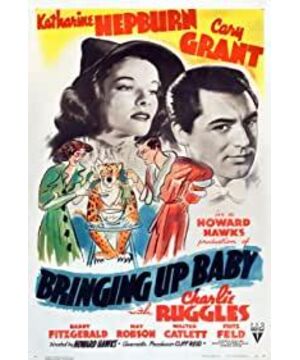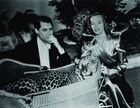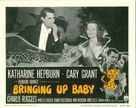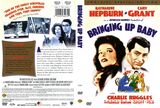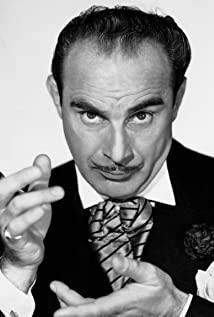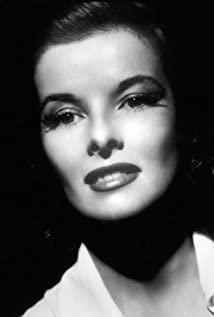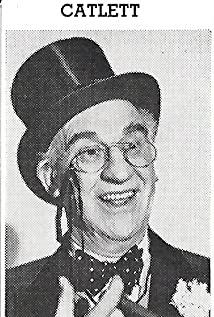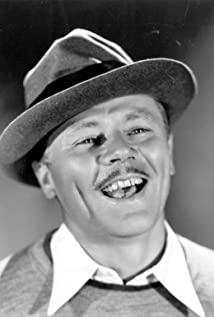Among the disputes, the largest number of participants is also a topic that no one can persuade to talk about: the recognition and interpretation of the failure of the film's premiere. When "Baby Talk" was released in 1938, it encountered Waterloo at the box office. The heroine Catherine Hepburn is even more known as a box office poison. The downturn in her acting career lasted until 1941, when she was able to reverse it with gambling investment and starring in the comedy "Philadelphia Story" directed by George Cook. Regarding this topic, Zhengfang has generally tried to disprove the evidence through director Howard Hawks's "redress" in film critics in recent years. It proves that the film's box office failure is more due to the limitations of the audience's aesthetic perception at that time. And the opposing side did not give in, vying for each other: Hawkes' reassessment was overkill. He is alone, is it possible that all his films, including those of low quality, have to go to heaven?
Relatively speaking, overcorrected views are more objective. But this objectivity is relative and insufficient. Because it only proposes a possibility, and whether this possibility can be reasonably applied to the film, proving that the film is really a chicken or dog that should not be ascended to the sky is still questionable. So, as a member of the opposing side, I will give a further explanation of this point of view here. Ha ha.
Howard Hawks's re-evaluation is true, but it mostly involves aspects other than the content of the film. For example, he can proficiently shoot films of various styles, is relatively independent from any major film company, and has certain characteristics of the author and director in film creation, and so on. But his film itself, in terms of content and subject matter, does not necessarily have the same forward-looking and excavable properties as other masters. For example, "Baby Talk". Did it create a new style of film expression? Is there any profound social critical significance? Or is it a serious challenge to traditional values? nothing! Therefore, for the American audience in 1938, it did not have avant-garde elements that were incomprehensible under the historical background at that time. It is just a "conformist" Hollywood genre comedy. So is it true that the audience at the time had a low level of comedy aesthetics? This statement is even more absurd. Let's take a look at the classic comedy works that Americans have criticized. Most of the top works come from before the 1960s. Could it be said that in the era when a group of comedy film masters such as Chaplin, Liu Bieqian, Capra, and Billy White were born, the audience's comedy appreciation taste and taste will be generally lower than it is now? It can be seen that neither from the perspective of the film itself nor considering the factors of changes in the times, can not find sufficient excuses and reasons for the box office failure at that time. Therefore, the opposing side's argument of "overcorrecting" does have a reasonable point.
View more about Bringing Up Baby reviews


